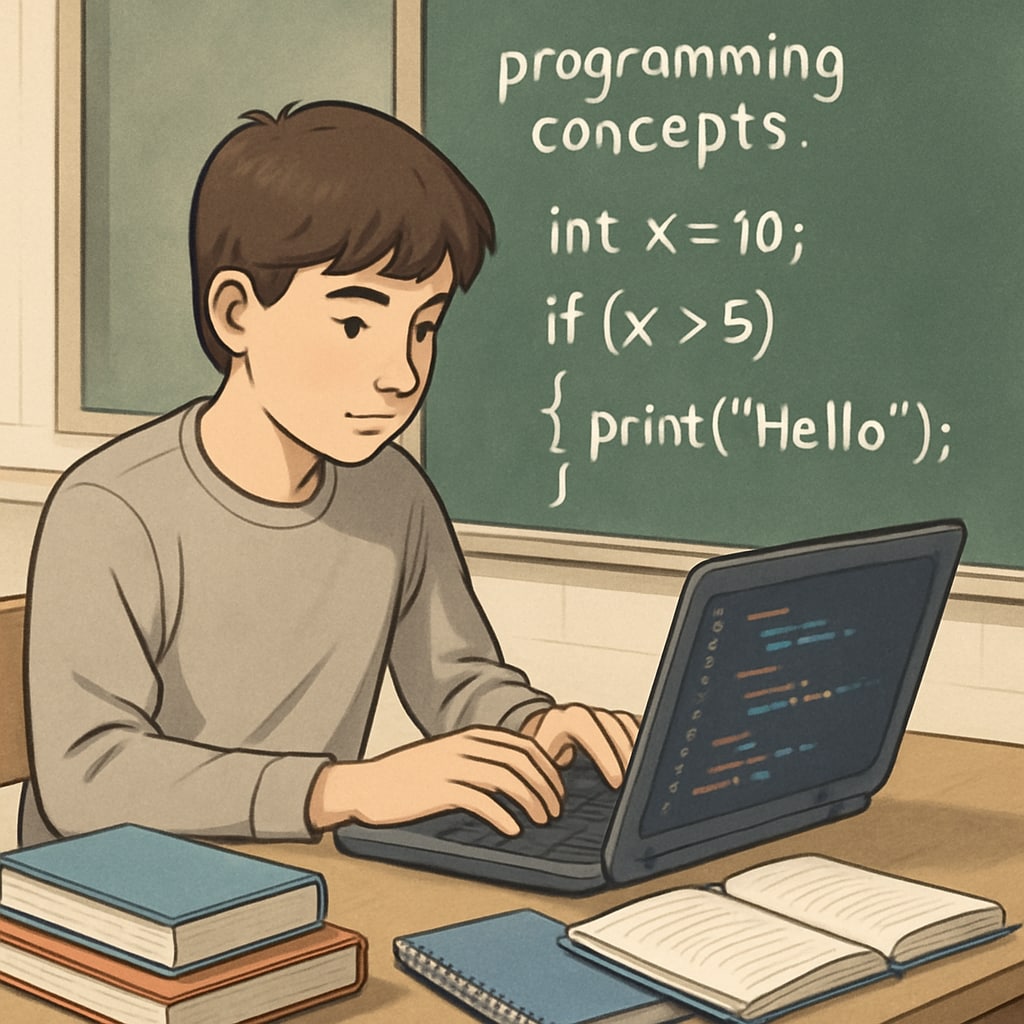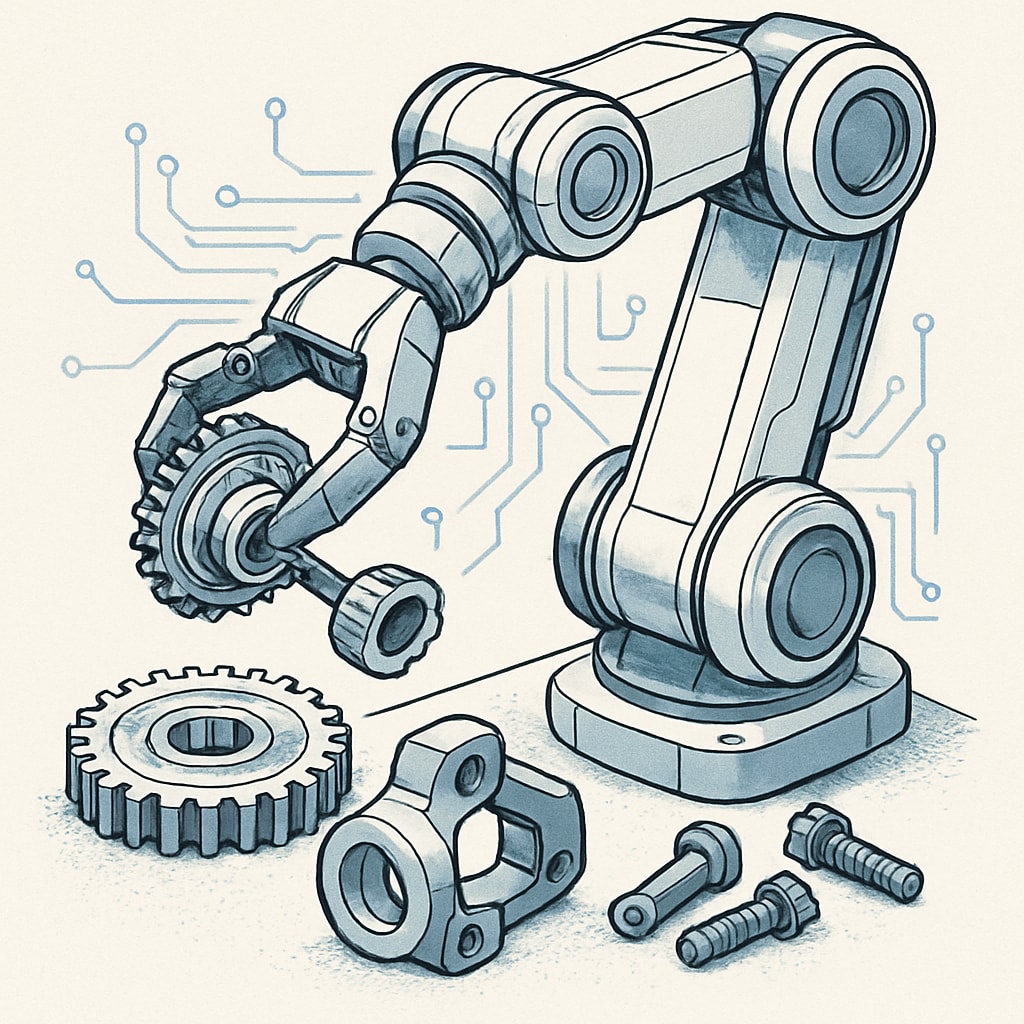In the age of artificial intelligence (AI), career choices for K12 students, particularly in tech-related fields like programming and engineering, have become increasingly complex. As AI continues to reshape industries, many young people are questioning the longevity and security of these professions. This article explores the fundamental differences between programmers and engineers, analyzes the effects of AI on these career paths, and provides actionable advice to help teens make informed decisions.
Understanding the Distinction: Programmer vs Engineer
While the terms “programmer” and “engineer” are often used interchangeably, they represent distinct roles in the technology ecosystem. Programmers focus on writing, testing, and maintaining code for software applications. They specialize in languages such as Python, JavaScript, or C++, and their work is often project-specific. Engineers, on the other hand, typically have a broader scope, designing systems, hardware, or complex software architectures.
For example, a programmer might develop an app to manage fitness routines, while an engineer might design the underlying framework that allows multiple apps to communicate securely. Both roles require analytical thinking and problem-solving skills, but engineers often need a deeper understanding of physics, mathematics, and system design.
Understanding these differences can help teens align their interests and skills with the right path. A student passionate about coding and logic puzzles may lean toward programming, while one fascinated by building systems or gadgets might prefer engineering.

The Impact of AI on Programmer and Engineer Careers
AI is transforming the tech industry, automating tasks that were previously performed by humans. For programmers, AI-powered tools like GitHub Copilot or ChatGPT can assist with writing code, reducing the demand for repetitive coding jobs. However, this does not mean programmers are becoming obsolete. Instead, the role is evolving to focus on higher-level tasks such as algorithm design and AI model training.
Engineers, on the other hand, face a different set of challenges and opportunities. AI is accelerating innovation in fields like robotics, aerospace, and energy systems, creating a demand for engineers who can integrate AI-driven technologies into physical systems. As a result, engineers who understand AI and machine learning principles will remain indispensable.
Teens considering these careers should stay informed about technological trends and develop skills that complement AI, such as data science, machine learning, and system design. For additional insights, resources like Artificial Intelligence on Wikipedia or Artificial Intelligence on Britannica can offer valuable information.

How Teens Can Navigate Career Choices in Tech
For K12 students, making career decisions in the AI era can be daunting. To simplify this process, here are actionable steps:
- Explore Interests: Encourage teens to experiment with coding, robotics, or engineering projects to identify their passions.
- Learn Continuously: Staying updated on AI advancements and technological trends is crucial. Online platforms like Coursera or Khan Academy offer accessible courses in programming and engineering.
- Seek Mentorship: Connecting with professionals in these fields can provide valuable guidance and real-world insights.
- Focus on Versatility: Developing a mix of technical and soft skills, such as teamwork and communication, will enhance employability.
- Prepare for Lifelong Learning: In dynamic fields like programming and engineering, continuous skill development is essential to remain competitive.
As AI continues to evolve, adaptability will be a key trait for young professionals. Teens should view technological advancements as opportunities for growth rather than obstacles.
Conclusion: Preparing for a Future in AI-Driven Careers
The rapid advancement of AI has undoubtedly influenced career choices, particularly for K12 students considering roles such as programmers and engineers. While AI has introduced uncertainties, it has also opened doors to new opportunities. Understanding the distinctions between these professions and the impact of AI can help teens make informed decisions.
By exploring their interests, staying updated on industry trends, and developing versatile skill sets, young people can prepare for fulfilling careers in the AI-driven world. With the right guidance and resources, the future of programming and engineering remains promising.
Readability guidance: The article uses short paragraphs, lists actionable advice, and incorporates external links for further reading. Passive voice is minimized, and transitions enhance flow.


